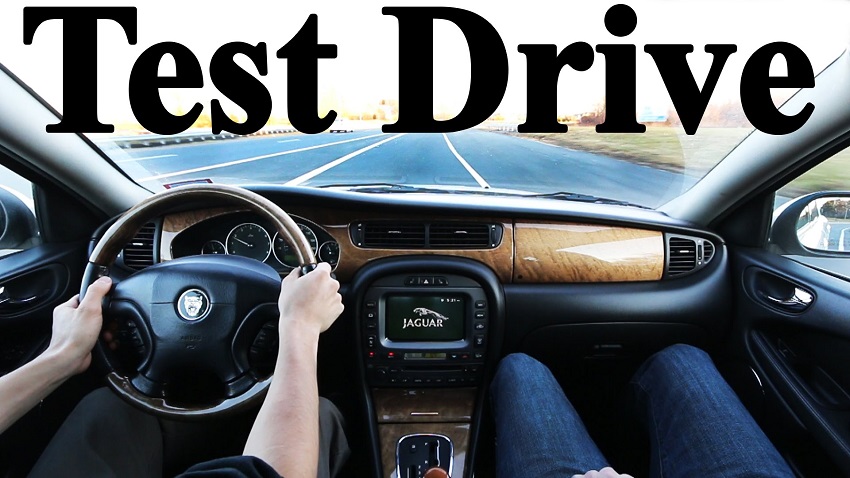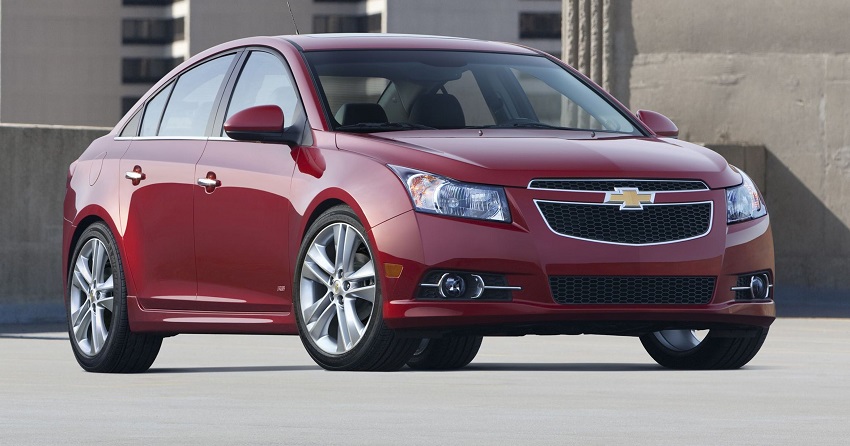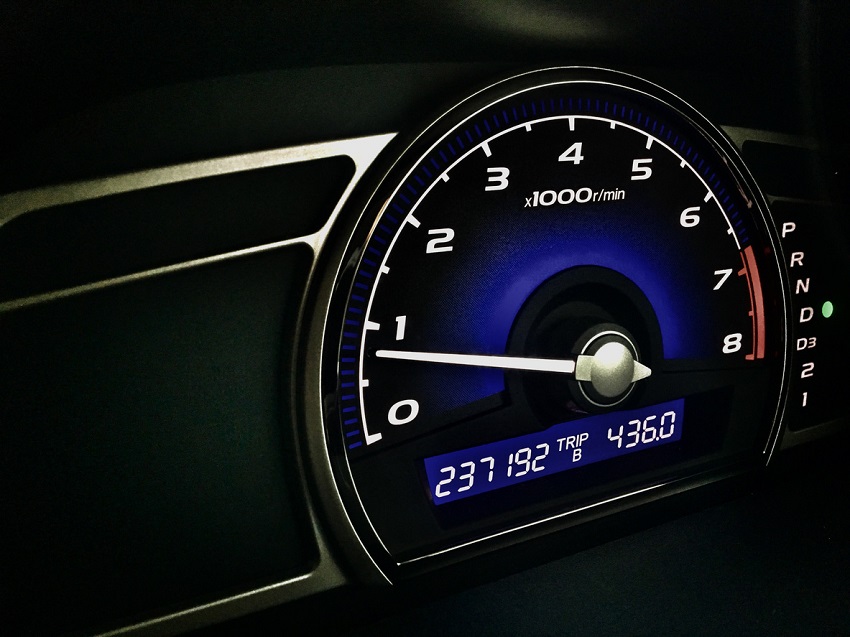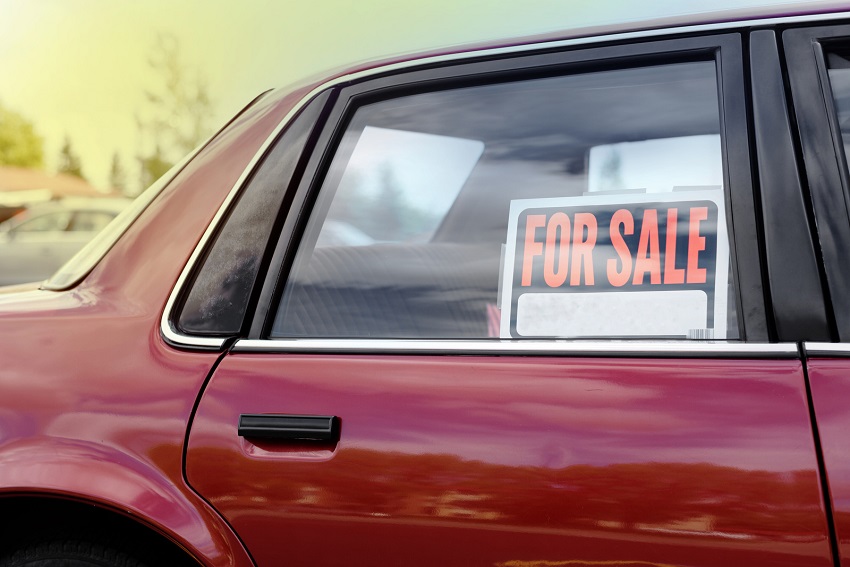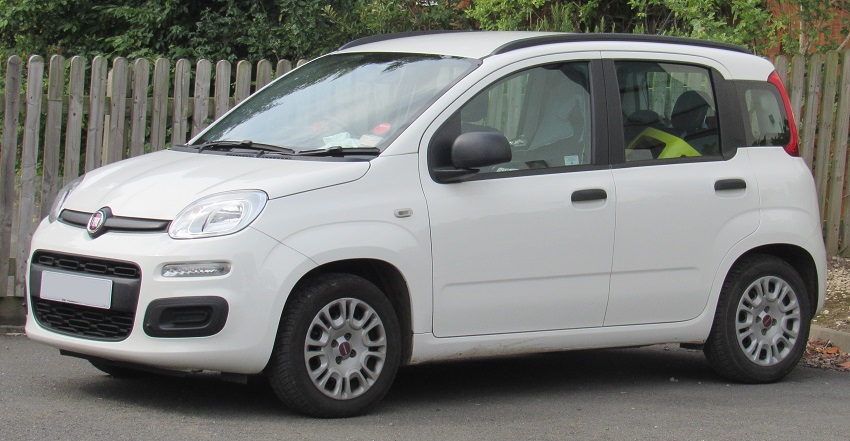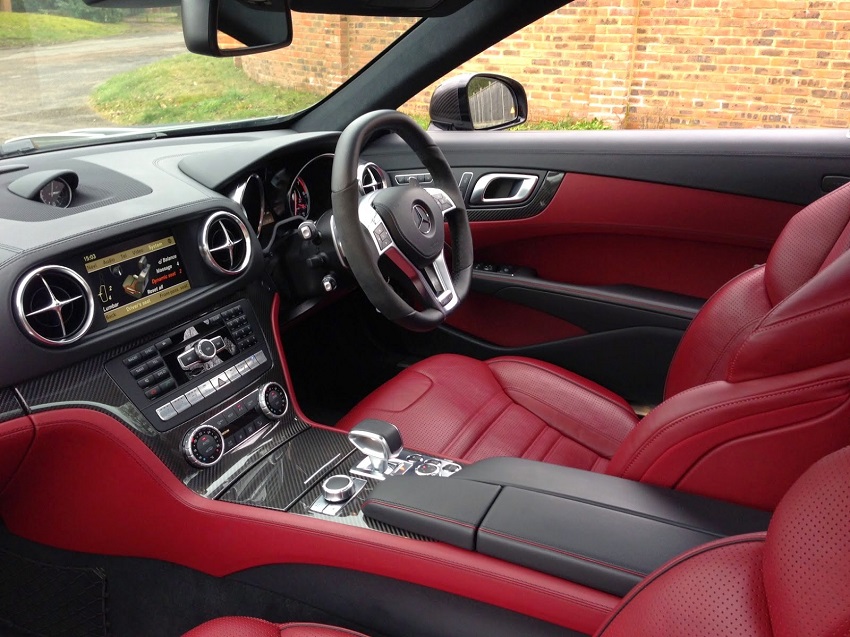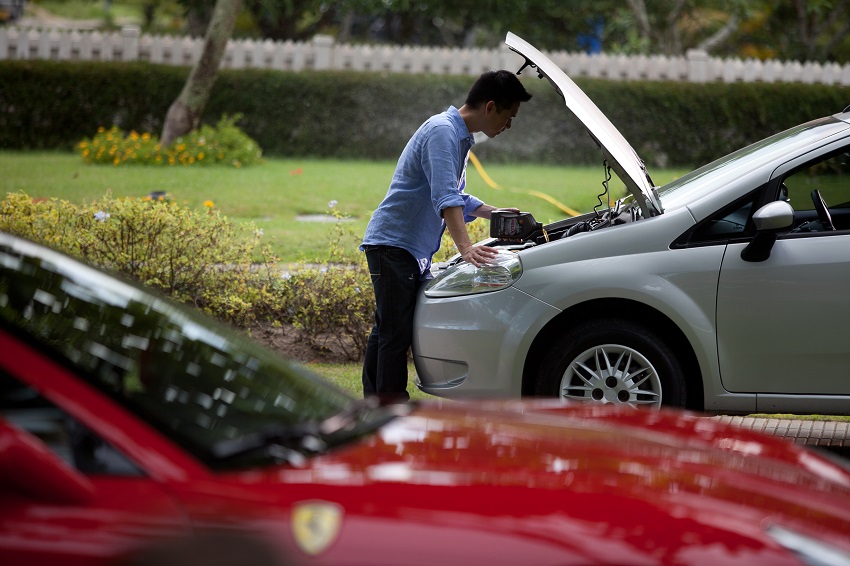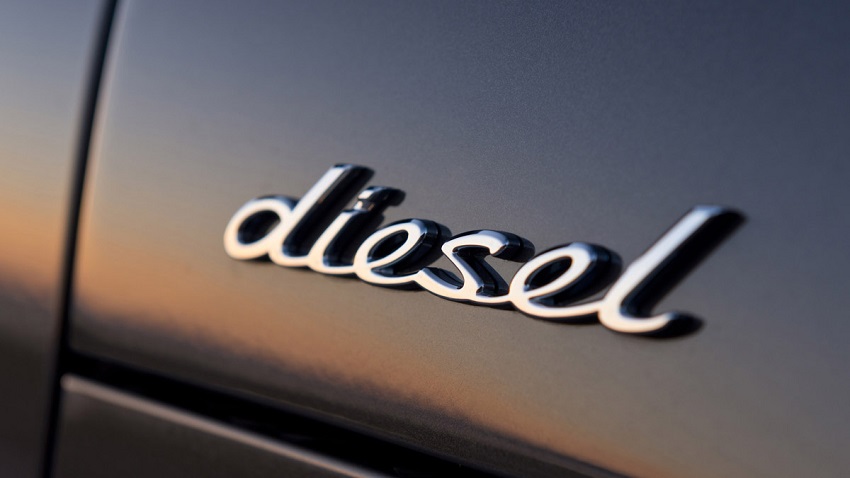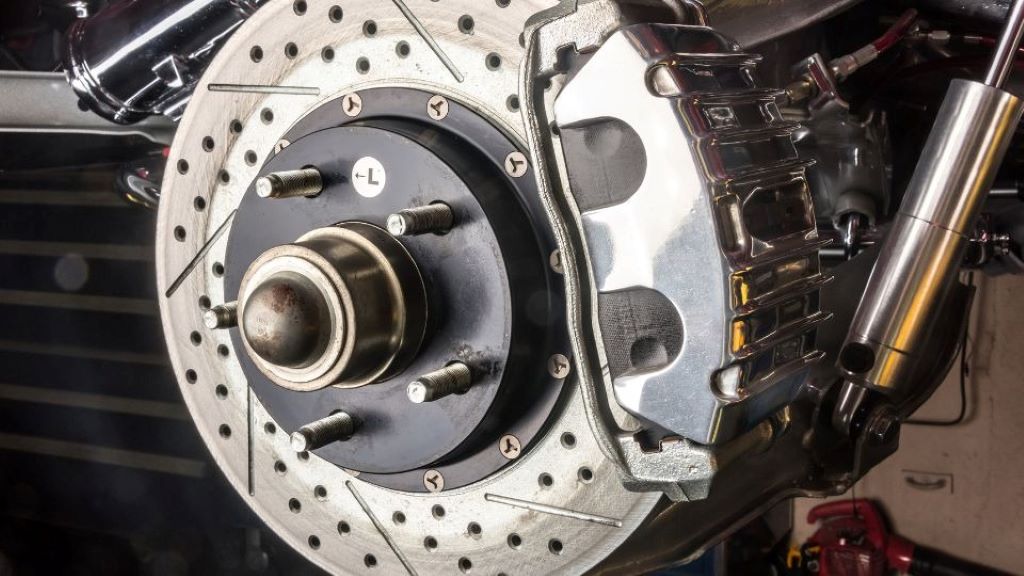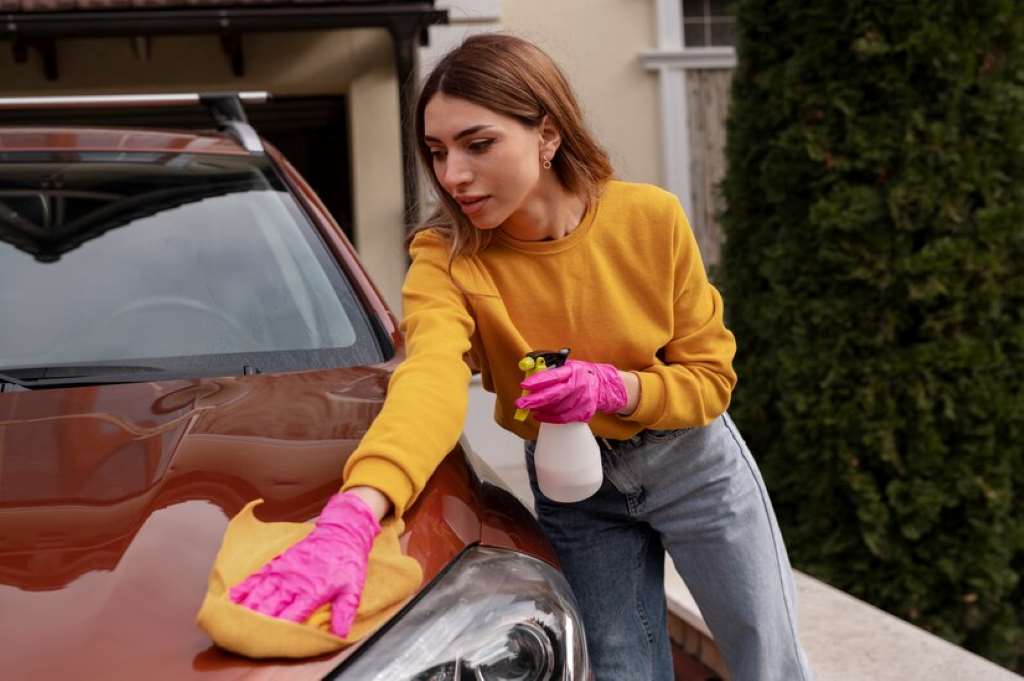There are many doubts that arise when buying a second-hand car. Here you will get the answer to many of the questions that come to mind.
Can I try it before buying it?
The seller has no obligation to let you do it. Although if you do not let you take a turn before buying it, you have it very clear: distrust because something is hidden. Try to do a few kilometers mixing traffic in the city and on the road.
What should I set myself to when I try it?
Check if it accelerates with force and does not jerk at any time; if it brakes properly and you do not have to press the brake pedal all the way down. Check also that it does not show too spongy (could be a failure of the braking system or lack of brake fluid); and that it does not sound when braking (a symptom that the moment of changing the pads or discs is near). Attentive to the fact that in the turns the car does not swing too much (the possible problem of the shock absorbers); let go of the wheel for a while in safety conditions and check that the vehicle does not go to one side and that it does not have strange sounds.
What mileage should it have?
A gasoline car that has made more than 25,000 km a year has had a high wear. And if it has more than 200,000 km accumulated it might not be interesting; It only suits if you’re not going to do many kilometers a year and the mechanics and the cabin are fine. The same happens with a diesel that has made more than 30,000 a year and if it accumulates more than 250,000 km. It is important for second-hand car
What documentation to look at?
You have to look for the documentation to be in order: the driving license, that has passed the ITV, the maintenance history (check the kilometers of each one and that have the seal of the workshop). It is more than advisable to ask the DGT for a report to ensure that you do not have any pending fines (it costs € 8.40). One last important point is the revisions, which have been made in a workshop and are reflected in the maintenance book with the seal of the place where they were made. In addition, check the kilometers as there are some maintenance operations that are associated with mileage; and you may find that the next one is closer than you expected.
What to check the body?
Check the joints of the body panels (if they are kept regular); the color (that there is no pigmentation difference between the panels); and if the doors fit well like the trunk. The defects that you find here can indicate that you have suffered a blow (by rubbing with a column or by a sinister). Another option is to ask about possible accidents to the insurer that had the previous owner; although, by the data protection law, they might not tell you.
What to look at the interior?
There are small sneaks that tell you the treatment the vehicle has had : the excessive wear on the steering wheel and the knob must correspond to the kilometers of the odometer; Burns in the ashtray reveal that it has been smoked; spots on the upholstery indicate that it has been eaten, drunk or that it has been vomited (something that may be a source of odors in the future). And the wear of Isofix systems shows that children have been sitting there. So some elements that have been within reach could have a higher wear than usual.
What to look at mechanics?
In a new car, electronics prevail. One can look at the oil level (remove the rod, clean it, reinsert it and check that the level is between the two notches); the drawing of the wheels (the minimum is 1.6 mm); the soil in case it loses liquids; the level of antifreeze (a deposit with a liquid of a striking color that is visible when the hood is opened, which also marks a minimum level); and the battery (if the terminals present corrosion). In addition, you must start the car several times and check that it responds normally. That it does not take too long to react (possible failure of the alternator or the battery). Beyond this, it is recommended to a workshop to connect the diagnosis system so that it detects possible problems in your electronics.
Do I have a guarantee?
Bought a second-hand car is always guaranteed; even if it is acquired from a private individual (6 months). The problem here will be to demonstrate that the failure detected after the sale already existed before buying it. That’s why we insist on so many previous tests. If the car is new and still has a factory warranty, the manufacturer must change the ownership of the car. It is very important if buying a second-hand car
Is it worth a diesel?
There are many laws that have been announced (some are already effective) that have put diesel in the spotlight. You must inform yourself of the regulations related to this machine in the cities where you are going to move. In rural environments and small cities, there are not, at the moment, too many problems for these propellers. However, it will be more difficult for you to drive in Madrid (your circulation is limited due to contamination episodes); Barcelona (prohibits the circulation of diesel manufactured before 2006 and gasoline before 2000 on days with high pollution rates); and the Balearic Islands, which will prohibit the access of diesel vehicles from 2025. So it is an important part to think before buying a second-hand car.
How old to buy it?
A vehicle begins to require large-scale maintenance operations (high cost) from 5 years and 100,000 kilometers. The best option is a young vehicle with few kilometers. Many times it compensates for a higher initial investment and avoids some visits to the workshop in the next year. Vehicles from the renting or management of a dealer are great options; They are between 1 and 4 years old and are always with an excellent level of set-up. Against, we do not recommend the purchase of a vehicle over 10 years old; they are cars with little remaining life and, although they have a low starting price. In the short term, they will need maintenance operations at a high cost. It is good to check how old it is before buying a second-hand car.
What is the fair price?
There is a document that makes the association Ganvam that serves as a guide to indicate the price that must have a vehicle based on its date of registration and the kilometers made.
Is it legal to sell on the street?
It depends on municipal regulations but, in general, it is not legal. We must bear in mind that a commercial activity is being carried out in the middle of the urban road. And is doing the competition to businesses that have made an investment in infrastructure and that pay the corresponding taxes. The way many municipalities have to tackle this irregular activity is to find those who have posters of “Sells” in a window. Or remove them with a crane with the excuse of being abandoned if they exceed the number of days parked in the same place; So sellers have to move them every so often if they do not sell them.


